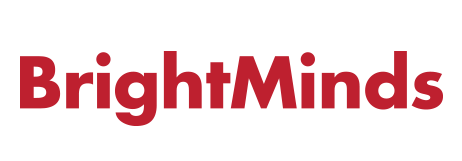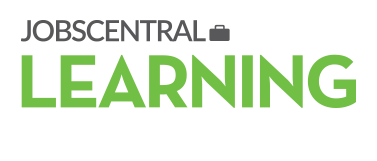Planning is crucial for everyone, and especially so for HR professionals. Here are some things you should do to to create effective and efficient HR plans.
As a HR professional, there is one mantra to live by: Everybody else’s business is your business. This means that you have a lot on your plate to deal with, from making sure open positions are filled to ensuring staff welfare. Regardless of the task or situation, the most important thing is to always be prepared. Here are some things all HR professionals should constantly do in order to create good HR plans now and in the future.
Tap Onto Software Services
A case of sudden resignation is every HR professional’s nightmare. HR professionals are tasked to find someone to fill this open position almost immediately, so as not to put the business’ work plans and processes in jeopardy. This is where your Applicant Tracking System (ATS) comes in handy. You could tap onto the database to look for suitable talents or evaluate the current staff strength to determine if anyone is equipped with the right skills required for the role.
Get to Know the People You Work With
Are you spending enough time in getting to know your fellow staff? As the HR professional, it is your job to know the people whom you work with, both from and out of the HR department. Talk to your fellow colleagues to find out their thoughts on what makes the company tick – from how they perceive the company’s values to the kind of expectations that they have. As the HR professional, you should also offer your own take on the discussion, creating a two-way communication process. This enables you to find out if staff objectives are being met and at the same time determine how the scores on the HR department’s scorecard are adding up.
Plan Around the Business’ Financial Status
Evaluation is an important component of any plans, especially when it concerns the most important asset in any organisation: human resources. It is important to know where the company is at in the course of a business cycle and construct HR plans around that. For instance, is the company doing well enough to warrant the need to start hiring or should it be making cutbacks? Does the company require an injection of ideas from fresh graduates? Understanding the company’s trajectory and current financial status is crucial when you are trying to create a successful HR plan.
Review and Adapt Regularly
It is recommended that you share your plans with employees and bosses regularly and get feedback from them. This could also help to bridge any gaps that may have widened in the previous planning stage – in constant sharing and communication, you will be better aware of someone else’s skills and strengths on which you can tap in the case of a sudden resignation.
For more information on CareerBuilder Singapore's recruitment solutions, click here or drop us a message here.





